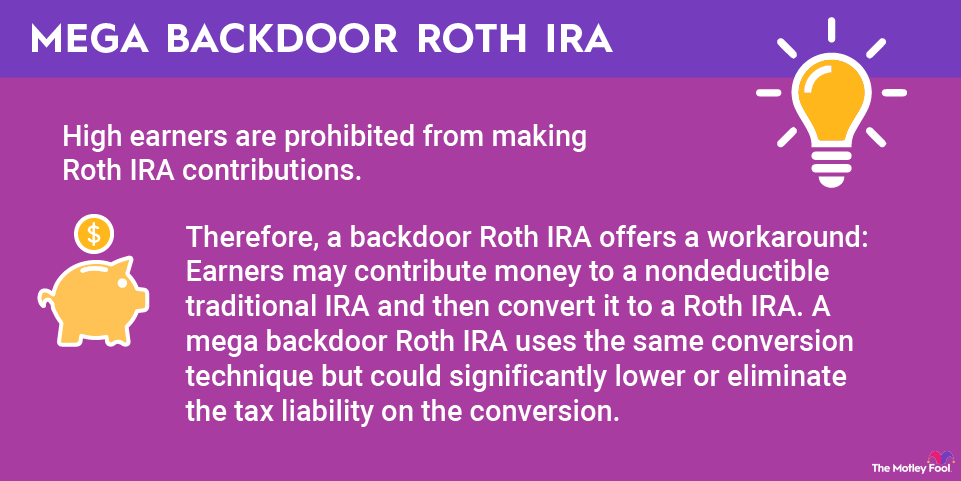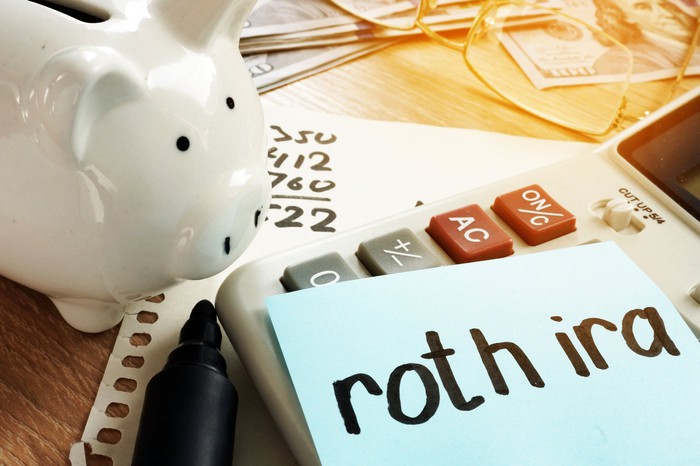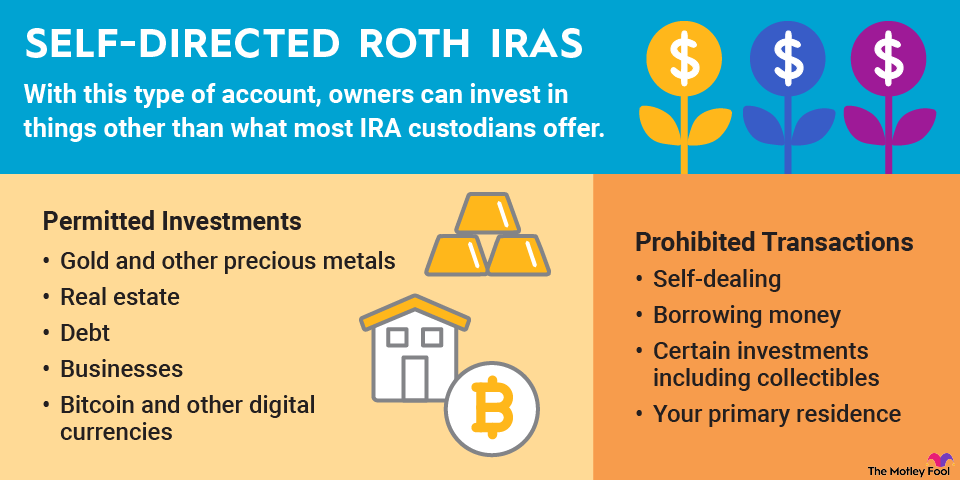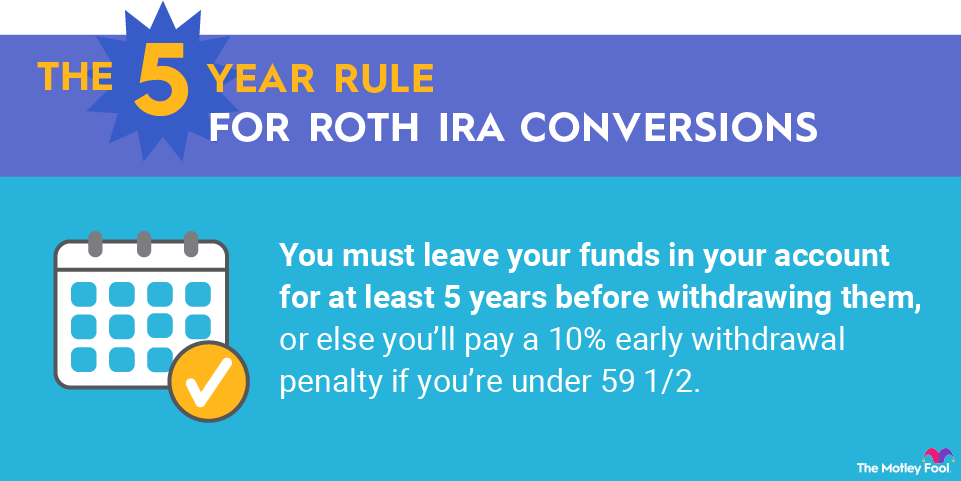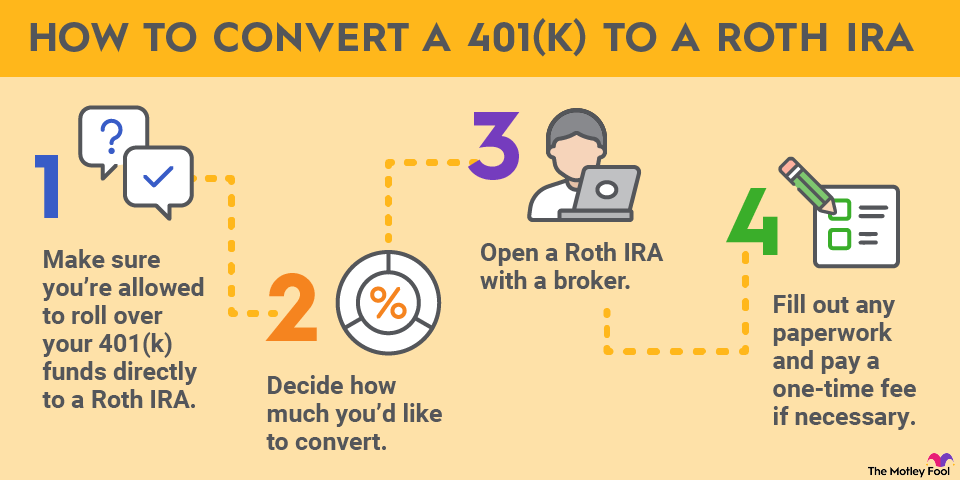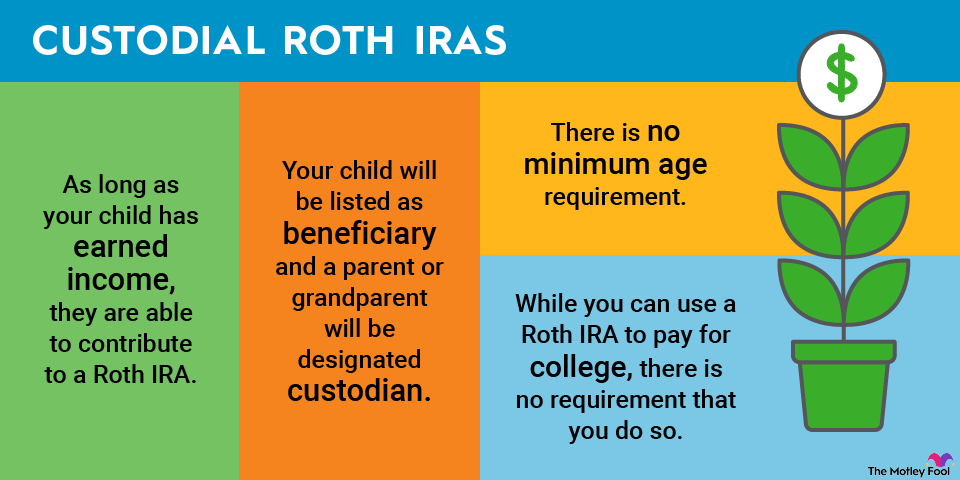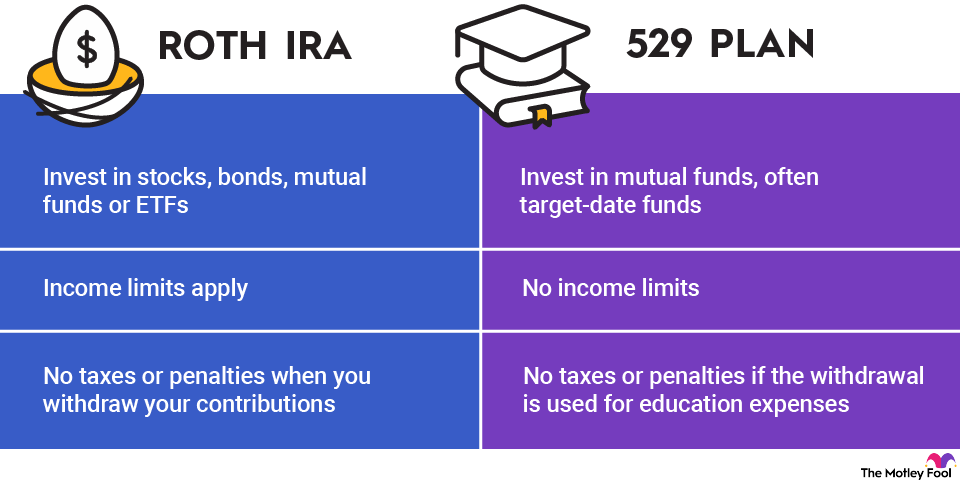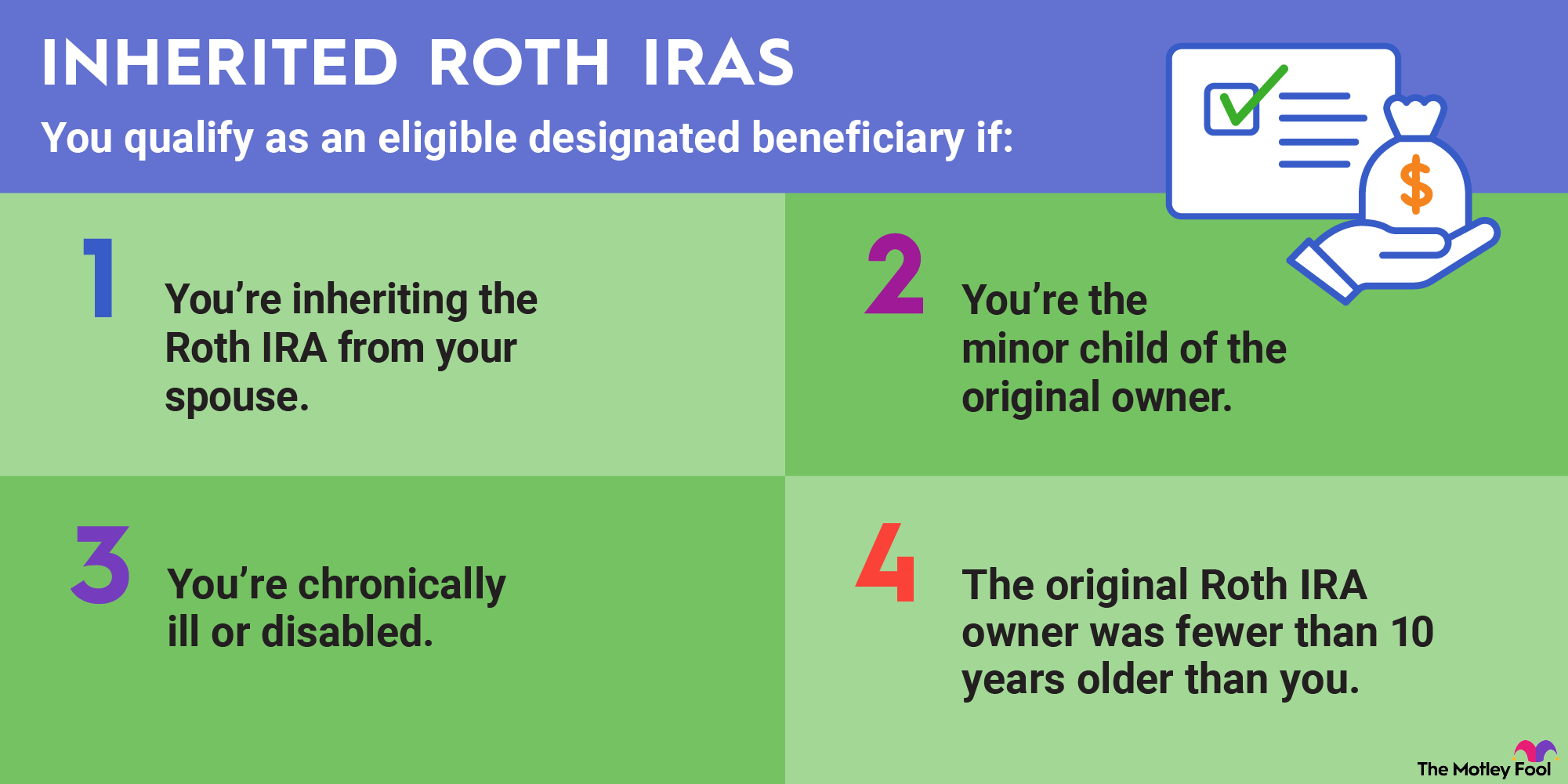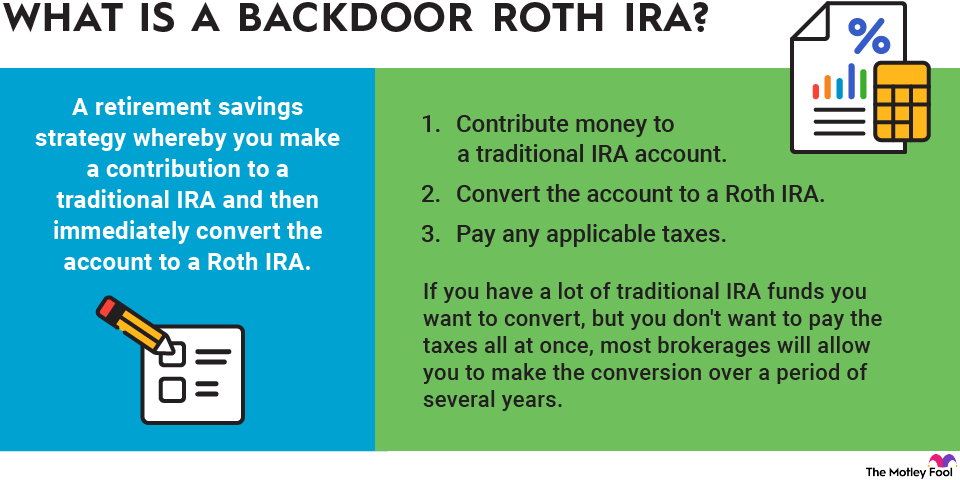For example, let's say that you contributed $5,000 to a traditional IRA in 2024 and claim it as a deduction on your 2024 tax return. If you then convert the account to a Roth IRA in 2024, the account value at the time of the conversion (even if it's more than $5,000) would be considered taxable income, which you would report (and pay tax on) on your 2024 tax return that's due on April 15, 2025.
On the other hand, if you make a nondeductible traditional IRA contribution or if you immediately convert the account after making a traditional IRA contribution, there generally won't be any taxes due on the conversion.
I use the word "generally" because, unfortunately, if you have additional traditional IRA assets, then there's another problem. The IRS won't let you treat the conversion as coming solely from the non-deductible IRA. Instead you'll have to include a portion of the conversion in your taxable income, based on the pro-rata value of your nondeductible and other traditional IRA assets. That's generally not desirable, so if you have extensive retirement assets in deductible traditional IRAs, you should think twice before trying to do a backdoor Roth.
